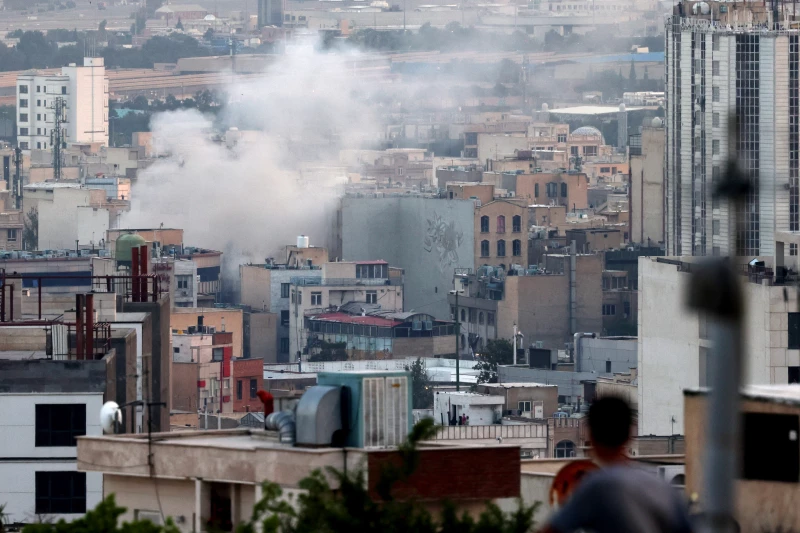ERBIL, Kurdistan Region of Iraq – The Iraqi parliament on Tuesday held an extraordinary meeting, after which they voiced their “absolute rejection” of the use of Iraq’s airspace to carry out attacks on Iraq’s neighbors.
The meeting was held with the sole item on the agenda being “discussing the Zionist aggression against the Islamic Republic of Iran and the violation of Iraqi sovereignty,” a day after Deputy Speaker Mohsen al-Mandalawi had called on the parliament to conduct an emergency meeting.
Shortly after the session, the parliament in a statement announced its “absolute rejection of the violation of Iraqi airspace and its use to attack neighboring countries,” adding that “the Iraqi people stand in solidarity with the Iranian people in the wake of the blatant Zionist aggression.”
Israel, in the early hours of Friday morning, initiated a devastating campaign of airstrikes against targets across Iran using Iraqi airspace, with the attacks hitting myriad military facilities and nuclear sites across the country, killing at least nine nuclear scientists and over 20 high-ranking Iranian military figures.
The strikes prompted retaliatory Iranian strikes on Tel Aviv, leading to a raging military conflict that has seen the two countries trade fire incessantly and suffer immense damage.
Iraq’s Tuesday parliamentary session was attended by around 100 MPs, according to The New Region’s Baghdad correspondent.
“There is movement within the Iraqi parliament toward the government headed by Mohammed Shia’ al-Sudani to determine its plan to confront any emergency arising from the Iran-Israel war,” MP Ahmed al-Sharmani told The New Region on Monday.
In the wake of the initial Israeli attack on Friday, Iraq submitted a formal complaint to the United Nations Security Council (UNSC) accusing Israel of violating Iraqi airspace during the extensive aerial bombardment Tel Aviv orchestrated against Iran.
Iraq’s complaint asserts that the use of Iraqi airspace by Israel constitutes “a flagrant violation of Iraq's sovereignty and a violation of the provisions of international law and the UN Charter.”


 Facebook
Facebook
 LinkedIn
LinkedIn
 Telegram
Telegram
 X
X



